All previous chapters are listed in order in the Bartle Clunes archive. Click here . If you are new, please start here: Introduction to Bartle Clunes .
El Dorado County 1950
Bartle slipped quietly out of bed before daybreak. He washed his face, tugged on his tall boots, grabbed his jacket and old hat. Putting two apples and a heel of bread into his canvas bag, he stepped out the door into a near silent, still sleeping world. The only sound was the intermittent high-pitched yipping of distant coyotes and the crunch of gravel under his feet as he strode north across the creek toward the higher hills. He could feel the weather warming already, though it wasn't yet April. The spicy fragrance of the damp juniper and madrone filled the air. The monkey flowers and poppies were about ready to show their yellow faces.
As he ambled along, the moon slowly vaporized in the west as the eastern sky lightened. The evanescence of the moon recalled clearly to Bartle's mind a Gaelic song that his mother often sang to him as a child, about an lòchrainn aigh nam bochd, the moon that is the lantern of the poor. Remembering her voice in the dawn light, he stopped, turning, searching for the beginnings of the long, pulled shadows, the areas of stark contrasts of light and dark in the landscape brought by the sun, low on the eastern horizon.
He ran his hands down the dark gray, segmented bark of an ancient oak to see what would be revealed. He sat a while on a large rock, eyes on the horizon, making dark, bold charcoal sketches on the sheets of paper he carried in his sack. He wandered and worked until the mid-morning sun completely erased the shadows from the landscape.
Bartle soon found himself pacing across the well-known fallow fields of his own property. Entering his house, he put on a pot of coffee and headed straight to the back room, where the ideas racing round his head would soon be begun on canvas.
On a morning in late-March, with an extra second-hand refrigerator now in place on the back porch, a few quarts of goats’ milk, a couple of nearly successful cheeses, over seventy bars of sweet smelling hand soap in stock, Louvina announced it was time to open up shop. Ayla went over to Placerville and put a tiny month-long ad in the Mountain Democrat to introduce the Daughters of Zeus Dairy. Bartle hung the sign on the fence at the end of the drive before heading over to his work. Ayla had added an enticing shingle to the bottom of it:
That same morning the mailman brought a letter to Ayla from the editor of the University Press in Berkeley. It said, to her chagrin:
Dear Miss Clunes,
We thank you for submitting your fine drawings for our consideration. They are indeed lovely, however they do not meet our current needs. We will certainly keep your name in our files for future projects and are pleased you chose to show your work to us first.
Yours, sincerely
Bill Noon, acquisitions editor
Though she'd fully acknowledged the possibility of rejection, she was still disappointed to read it. “Well, darn it anyway, Ayla,” Bartle said that evening. “but you know, my sweetheart, that letter does not mean your work is inadequate. It only means that the editor did not need an artist at this particular time. You, no doubt, will have to submit your work to several publishers before you are accepted somewhere timely.”
“I know that, Daddy. I will just send it out right away again. I have six more publishers to try and I will write to one at a time as long as I have to, and that's is all there is for it.”
Ayla's second rejection letter came within two weeks. John Black and Sons were very prompt. They were kind and complimentary of her work, but it was still, “No, thank you, for the present time.” Ayla, undaunted, was ready to jump right in again.
Then, surprisingly, within two days, a second letter from the University Press arrived! She was astonished. The Press had taken on an unexpected project for the university's Natural History Department, a small academic work titled 'Pinophyta of the Sierra Foothills'.
“That would be the conifers,” Ayla explained to Bartle and Louvina, who were anxious to hear the letter. “Spruce, pines, firs, and cedars. He says here he needs 'black and white precise line drawings of various cones, with insets of both bract and seed scales for each type'. Well, heck! I can do that easy!”
The letter said if she accepted their contract, they would send the actual specimens to her through the post along with the specifications. “Listen, to this!” she exclaimed. “We enclose a contract for sixteen drawings at the sum of $2.00 each. For heaven’s sake! $2.00 each? Thirty-two dollars? Jiminy!”
“Praise be!” whispered Louvina, peeking over Ayla's shoulder to read it for herself. “Thirty-two dollars! What do you know!”
“Son of a gun!” said Bartle. “My girl, you are becoming a woman of consequence. A woman of substance! You add the money from this work to your diamond money, and you will have a very sizable bank account. I imagine you never foresaw that!” said Bartle proudly.
“No, sir,” she said, elated, “I sure didn't!”
The celebration at the Clunes home the next evening included a special roast chicken dinner. The Riles’ were invited to the festivity. Lonnie came, but he said his father was still ailing and not up to coming out. He brought with him a large round ham bone for Maggie, who could barely contain himself. He wiggled and waggled with it all the way toward the privacy of the back porch. Louvina said, “Look at that dog, will you! His whole body is wagging. I don't know which end is going to get out the door first – his nose or his tail!”
Lonnie also brought a bottle of Scotch whiskey to toast Ayla's success, which they did, two times, and which Louvina thought might have been a bit excessive, but what the heck, she thought, this is special! It was a perfect evening - great food, happy talk, and music around the piano. Ayla was queen of the world for the first time ever in her life.

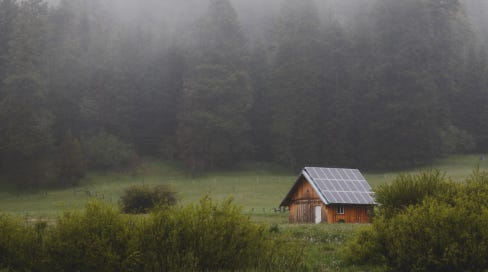



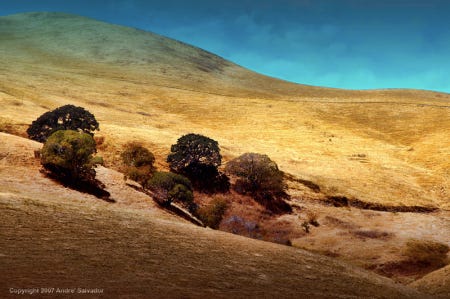
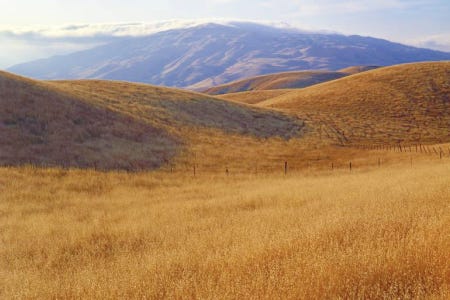
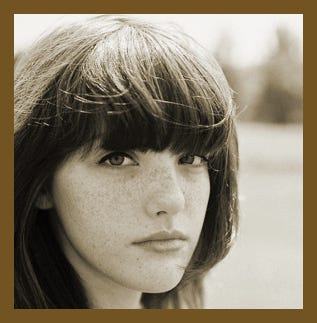


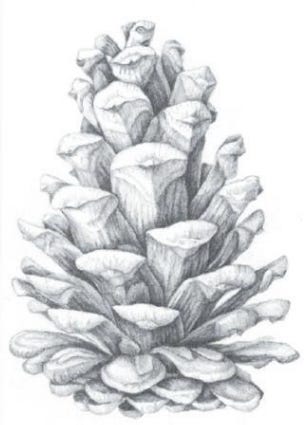
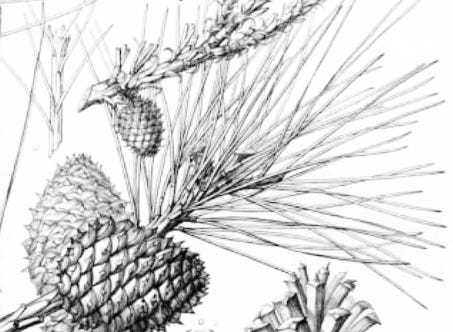


I am so charmed by this story because now it is much more real, with a couple of disappointing rejections from publishers of Ayla's artworks and then her ability to accept a contract!
Hard work and persistence is paying off at the Clunes’. Well-deserved.